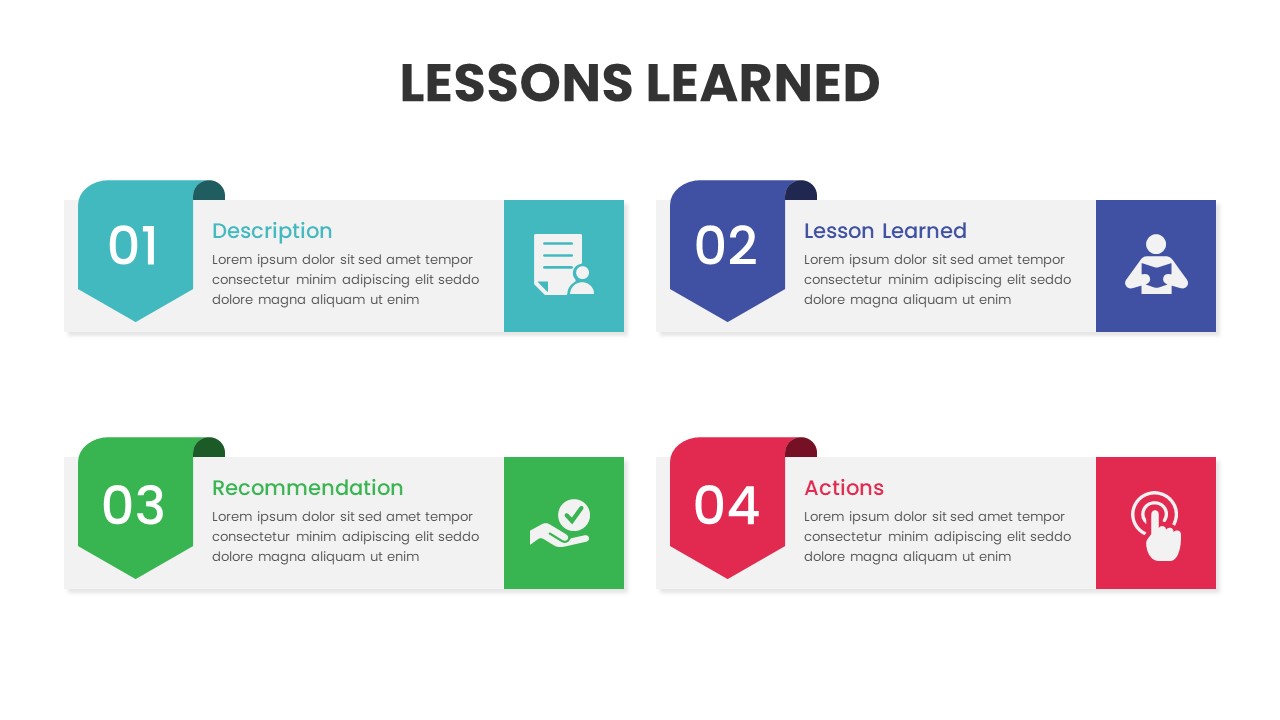The FTC's ChatGPT Investigation: A Turning Point For AI Accountability

Table of Contents
The FTC's Concerns Regarding ChatGPT and Similar AI Models
The FTC's investigation into ChatGPT likely stems from several key concerns surrounding the responsible development and deployment of AI. These concerns extend to a wide range of issues related to consumer protection and the broader societal impact of this powerful technology.
Data Privacy and Security
The FTC is likely deeply concerned about how ChatGPT and similar AI models collect, use, and protect user data. This concern arises from several critical points:
- Potential Violations of Existing Laws: The collection and use of data from minors raise significant concerns under the Children's Online Privacy Protection Act (COPPA). Furthermore, the FTC Act itself provides broad authority to prevent unfair or deceptive practices, which could encompass data handling practices deemed insufficiently protective.
- Data Breaches and Unauthorized Access: The vast amounts of data used to train and operate LLMs represent a significant target for cyberattacks. A breach could expose sensitive personal information, leading to identity theft and other serious harms.
- Opacity of Data Processing: The complex inner workings of LLMs make it difficult to fully understand how user data is processed and utilized. This lack of transparency makes it challenging to ensure compliance with privacy regulations.
- Data Minimization and Purpose Limitation: The principle of data minimization—collecting only necessary data—and purpose limitation—using data only for specified purposes—are key to responsible data handling. The FTC will likely examine whether ChatGPT adheres to these principles.
Misinformation and Deception
The ability of ChatGPT to generate human-quality text raises serious concerns about the potential for misinformation and deception.
- Generating False or Misleading Information: ChatGPT can produce convincingly realistic but factually incorrect content, contributing to the spread of misinformation online. This poses risks to individuals, businesses, and even democratic processes.
- Deepfakes and Deceptive Content: The technology could be misused to create deepfakes and other forms of deceptive content, eroding trust and potentially causing significant harm.
- Difficulty in Distinguishing AI-Generated Content: The increasing sophistication of AI-generated content makes it harder to distinguish between AI-created and human-created content, making it more challenging to combat misinformation.
- Impact on Public Trust: The proliferation of AI-generated misinformation can erode public trust in information sources and institutions.
Algorithmic Bias and Discrimination
The data used to train AI models like ChatGPT can reflect existing societal biases, leading to discriminatory outputs.
- Bias in Training Data: If the training data contains biases related to gender, race, religion, or other protected characteristics, the resulting AI model may perpetuate and even amplify these biases.
- Fairness, Transparency, and Accountability: The development and deployment of AI systems require a commitment to fairness, transparency, and accountability to mitigate the risk of discriminatory outcomes.
- Ethical Implications: Biased AI systems can have significant negative impacts on marginalized communities, perpetuating inequality and injustice.
- Identifying and Mitigating Bias: Identifying and mitigating bias in complex AI models is a significant technical challenge, requiring ongoing research and development.
Implications for the Future of AI Development
The FTC's ChatGPT investigation has far-reaching implications for the future of AI development.
Increased Regulatory Scrutiny
The investigation sets a precedent for increased regulatory oversight of AI technologies globally.
- Stringent Regulations and Compliance: We can expect more stringent regulations and compliance requirements for AI developers, focusing on data privacy, security, and algorithmic fairness.
- Industry-Wide Standards: The need for industry-wide standards and best practices for responsible AI development will become increasingly critical.
- New Legislation: The investigation may pave the way for new legislation specifically addressing AI accountability and the responsible use of AI.
Shifts in AI Development Practices
AI developers will need to adapt their practices to prioritize ethical considerations.
- Data Privacy and Security by Design: Data privacy and security must be integrated into the design and development process from the outset.
- Explainable AI (XAI): There will be a greater emphasis on explainable AI (XAI), making the decision-making processes of AI models more transparent and understandable.
- Investment in AI Ethics: Increased investment in AI ethics research and development will be crucial to address the ethical challenges posed by AI.
- User Consent and Control: User consent and control over data usage will become paramount.
Impact on Innovation
While regulation can sometimes stifle innovation, responsible AI development is not at odds with progress.
- Balancing Innovation and Accountability: The challenge lies in finding a balance between fostering innovation and ensuring accountability. Well-designed regulatory frameworks can encourage responsible innovation.
- Collaboration and Cooperation: Collaboration between regulators, developers, and researchers is essential to navigate this complex landscape.
The Role of Consumer Protection in the Age of AI
The FTC's investigation underscores the importance of protecting consumers from potential harms associated with AI technologies.
- Consumer Awareness and Education: Increased consumer awareness and education regarding AI technologies are vital.
- Consumer Advocacy: Consumer advocacy groups will play a critical role in shaping AI regulation and policy.
- Empowering Consumers: Empowering consumers to make informed choices about their data and the use of AI systems is key.
Conclusion
The FTC's ChatGPT investigation is a significant turning point for AI accountability. The investigation's focus on data privacy, misinformation, and algorithmic bias highlights the urgent need for robust regulatory measures. The future of AI depends on our collective ability to address these challenges. Staying informed about the FTC's ChatGPT investigation and the broader landscape of AI accountability is crucial. Let's work together to shape a future where AI serves humanity responsibly. Understanding the implications of the FTC's ChatGPT investigation is essential for navigating the evolving landscape of AI regulation.

Featured Posts
-
 Xrp Investment Surge Trumps Endorsement And Institutional Interest
May 07, 2025
Xrp Investment Surge Trumps Endorsement And Institutional Interest
May 07, 2025 -
 Lane Hutson A T Il Le Niveau Pour Etre Un Defenseur Numero 1 En Nhl
May 07, 2025
Lane Hutson A T Il Le Niveau Pour Etre Un Defenseur Numero 1 En Nhl
May 07, 2025 -
 Met Gala 2025 Notable Styles From The Red Carpet
May 07, 2025
Met Gala 2025 Notable Styles From The Red Carpet
May 07, 2025 -
 From Celtics Battles To Cavaliers Success Key Lessons Learned
May 07, 2025
From Celtics Battles To Cavaliers Success Key Lessons Learned
May 07, 2025 -
 Lion Electric Faces Potential Liquidation Court Appointed Monitors Report
May 07, 2025
Lion Electric Faces Potential Liquidation Court Appointed Monitors Report
May 07, 2025
